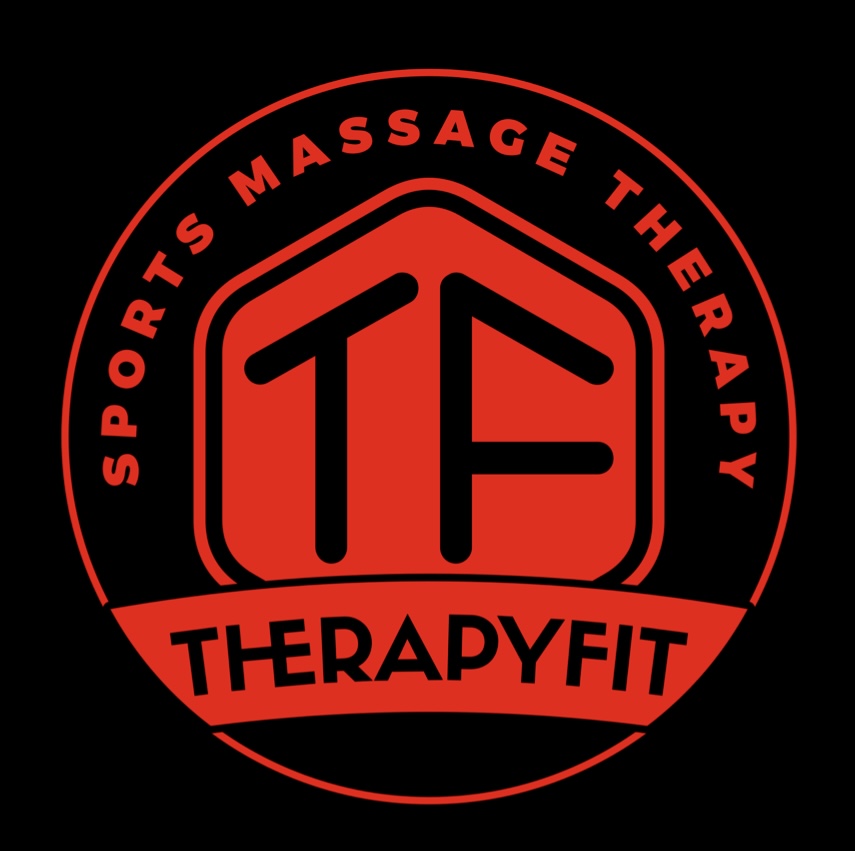Frozen Shoulder
- TherapyFit Treatments

- Jun 15, 2022
- 4 min read
Are you suffering from frozen shoulder?

So what is frozen shoulder, also medically known as adhesive capsulitis?
Frozen shoulder is where the capsule around the shoulder joint becomes thick, which in turn causes pain upon pressure or movement for many months and maybe for years, severely affecting the individuals quality of life. This condition typically develops slowly and it develops in 3 stages. What we commonly find in clinic is that we treat individuals when they are in the second stage of the condition.
The shoulder is a ball and socket joint which means that it performs a wide range of movements. Also known as the glenohumeral joint, it has more range and degrees of motion than any other joint in your body. The joint is supported by 8 muscles and together they help you to throw a ball or reach out to a keyboard and mouse. For many people the pain is worse at night which can disrupt sleep.
The 3 stages of frozen shoulder are as follows:
Stage 1:
The Freezing stage. Any movement of your shoulder causes pain and your shoulder's range of motion starts to become limited.
Stage 2:
The Frozen stage. Pain may begin to diminish during this stage. However, your shoulder becomes stiffer and using it becomes more difficult.
Stage 3:
The Thawing stage. The range of motion in your shoulder begins to improve.
What causes frozen shoulder?

The shoulder is made up of bones, ligaments and tendons and these are then all cased in a capsule of connective tissue. It is this connective tissue that thickens and tightens which in turn restricts movements.
Medically it is not known why this happens to certain people, however those most likely to be affected are individuals who have experienced some trauma or injury to the shoulder (trauma does not have to be an extrinsic cause, it could be something as simple as sleeping on the shoulder funny, or repetitive movements such as sports, office work on a keyboard and mouse, driving jobs with the shoulder elevated holding the steering wheel etc), this trauma results in you using your shoulder in the full range and motion it was designed for, this then results in the thickening and stiffness which in turn causes the frozen shoulder.
Are there any risk factors?
Frozen shoulder can occur at anytime and with anyone. There are some risk factors which may put some people at higher risk of developing frozen shoulder.
People over 40, particularly women are more likely to develop frozen shoulder.
People who have immobility or reduced mobility are at higher risk. Immobility or reduced mobility could be due to a number of factors such as a shoulder injury, broken arm, recovery from surgery, repetitive use of shoulder joint, incorrect posture when working or exercising.
Certain diseases put an individual at higher risk of developing frozen shoulder. These are diabetes, overactive thyroid, under-active thyroid, cardiovascular disease, tuberculosis, parkinson's.
Can I prevent frozen shoulder?

Our experience in treating frozen shoulder tells us that the key to prevention or quick recovery is to treat or rehabilitate at the freezing stage (stage 1) before it develops to the frozen stage (stage 2), when it comes to rehabilitation and treatment the length of this treatments depends on the the root cause of the symptoms and the effort and consistency that is applied to the rehabilitation programme you have been given. It also depends on how long you have been experiencing these symptoms before seeking help. There is not a one size fits all type of programme, each individual will experience different symptoms, different degrees of stiffness and pain and some individuals will respond quicker to treatments than others.
How can we help?
At Therapyfit we will carry out a thorough postural assessment which includes an assessment on the level of flexibility and degree of movement you have. We will determine whether it is a frozen shoulder or if other factors are in play.
We will treat your symptoms with full transparency. We never sell treatments you do not need and we will advise on how many sessions and the timeframe between sessions you will require. Our exercise professions will provide you with a detailed and in depth rehabilitation programme which has video and written instructions for you to carry out at the gym or in the comfort of your own home. They will have access to your progress and can make any changes necessary to give you the best chance of recovery in the shortest time possible.
We have the facility to treat you lying down or if you are finding that far too painful we can treat you whilst you are sat up which makes it far more comfortable as we found out recently with our 61 year old female patient who has been suffering with frozen shoulder for over a year.
We also have a female only clinic which is lead by our female therapist so if you prefer you can book in directly with them. Give us a call today on (+44) 07897 032 030 or drop us an email at info@therapyfitgroup.com to see how we can help you today.
We hope you found this post useful, if there is specific content you would like to see then please drop us an email with your request and we would be happy to oblige.
The team at TherapyFit Group.




Comments